#shinrin-yoku
Text
Nature's Effects on the Brain
Originally posted at my blog at https://rebeccalexa.com/natures-effects-on-the-brain/
One of my favorite parts of my ecopsychology class is teaching people about the concrete, measurable ways in which nature positively affects us physically and mentally. Whether that’s studies showing whether virtual nature is as beneficial as the real thing, the physiological markers that indicate nature’s positive impact, or using a mobile EEG to measure mental well-being in natural versus human-dominated settings, I enjoy when people are able to quantify the ways nature is good for us. And as someone whose grad school work focused on ecopsychology, I’m especially interested in nature’s effects on the brain.
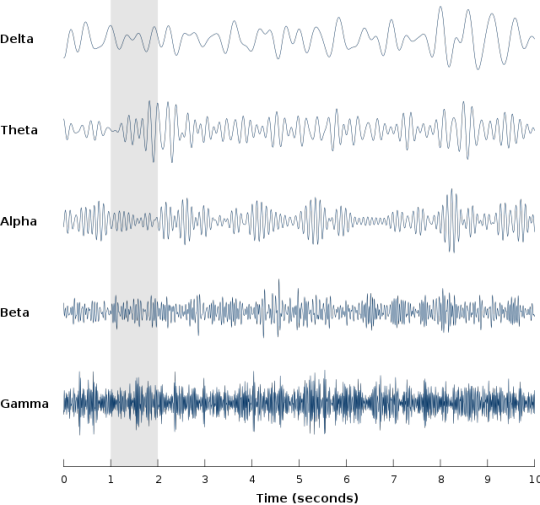
The studies over the past few years that utilize the mobile EEG are particularly intriguing. Using the Emotiv EPOC EEG headset, researchers in multiple studies were able to track variable including engagement, valence, excitement, frustration, focus, and meditation. Some tested the difference in people’s metrics according to their setting (nature vs. human-dominated); at least one focused on the difference between sitting and walking in a natural space (both ended up being beneficial but for different reasons.) While the study samples were small, generally under 100 individuals, they bode well for future research and they validate previous research using other methods. On a related note, I found this study that showed that the data from the mobile EEGs in outdoor settings is indeed likely to be as valid as a traditional EEG, along with one discussing how a person’s movement can affect their mobile EEG readings, which could be used to improve the technology in the future.
Obviously a handful of studies with small sample sizes won’t convince everyone, nor should researchers stop there. But it’s another potential avenue for adding to the already substantial body of evidence demonstrating a connection between time spent in natural settings, and mental health. And since our physical and mental health are strongly linked, the physiological benefits of time spent in natural places have a direct effect on those results, too. (Plus it’s a good step toward inviting people to improve their nature literacy by making nature more personally meaningful.)
More importantly it helps to validate qualitative evidence consisting of subjective experiences many people report having in nature. While ecopsychology and ecotherapy are still a niche in the greater mental health treatment arena, there is growing interest in this field both from practitioners and potential clients, as well as everyday folks just interested in finding out more about how to make the most of nature’s restorative properties. Most of us don’t need a study to tell us that something good is happening when we get outside and we start to feel better, or that there’s a reason we yearn to get back out there as often as possible. But it’s nice to have the evidence that gives us more words to explain what’s happening collectively as well as individually, and to help people understand the processes behind nature’s effects on the brain.

What I find really wonderful about all this is that you don’t necessarily have to be doing anything special outdoor. You can be walking, taking a snooze in the grass, camping, fishing, birdwatching, foraging, or simply sitting and watching the world go by for a while. Sure, you can drive a couple of hours out of town to get to a remote wilderness, but if you happen to have a yard, nearby park, or other safe, accessible greenspace, that can work as well. And since the positive effects of being outdoors can start in as little as 10-20 minutes, you don’t necessarily have to make a big time investment; although longer excursions can be more refreshing for a lot of people, a small daily dose can also be a good addition to your routine when possible.
Does this mean every single person will benefit from time in nature? Not necessarily. For some people, past experiences mean that they have a negative association with the natural world. Minorities have historically been made to feel less welcome and safe in outdoor recreational spaces, many of which were segregated for a long time, and in some cases spending time outdoors is a reminder of what was supposed to be left in the past. Other times it comes down to a personal bad experience, like the client I had in grad school who grew up in a heavily urban environment, and the closest they got to “camping” was being locked for hours in the basement as punishment, with only cellar spiders to keep them company. This led them to be uncomfortable in nature for fear they might see a spider or other creepy-crawly that reminded of them of that traumatic, out-of-control situation.
But nature-related therapy isn’t something that should be forced, and each person needs to find their own relationship to nature, whatever that may be. By offering insights into how developing that relationship can be good for us, we may be able to entice folks outdoors who might otherwise have never taken the chance to see what all the fuss is about regarding nature’s effects on the brain, body, and self.
Did you enjoy this post? Consider taking one of my online foraging and natural history classes, checking out my other articles, or picking up a paperback or ebook I’ve written! You can even buy me a coffee here!
#long post#nature#nature therapy#psychology#ecopsychology#ecotherapy#environmental psychology#environmentalism#conservation#therapy#mental health#wellness#outdoor therapy#forest bathing#shinrin-yoku#outdoors#neurology#science#scicomm#science communication
97 notes
·
View notes
Text
A Japanese Wooded Retreat Designed for Forest Bathing
We explore a beautiful home in the peaceful forest in Japan, which embodies the concept of “forest bathing”. But what is forest bathing?
In our modern world, many of us spend the majority of our time indoors, surrounded by technology and artificial lighting. While this lifestyle has its benefits, it can also be draining, leading to stress and burnout. In recent years, the concept of “forest…
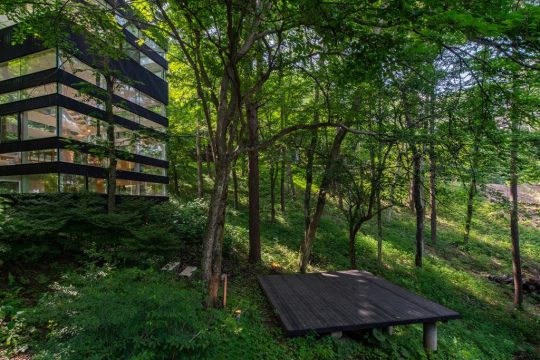
View On WordPress
3 notes
·
View notes
Text
The Benefits of Nature for Mental Health and Well-being
Definition of Nature Therapy
Nature therapy, also known as eco-therapy or green therapy, is the practice of spending time in nature to improve mental health and well-being. This can include activities such as hiking, gardening, and simply spending time in natural environments such as parks or forests.
Importance of Mental Health and Well-being
Mental health and well-being are essential…

View On WordPress
#beach therapy#benefits of nature#children and families#connection with the world#creativity#farming#forest therapy#further exploration#gardening#hiking#immune system#nature therapy#nature-based mindfulness#outdoor recreation#problem-solving#shinrin-yoku
3 notes
·
View notes
Photo
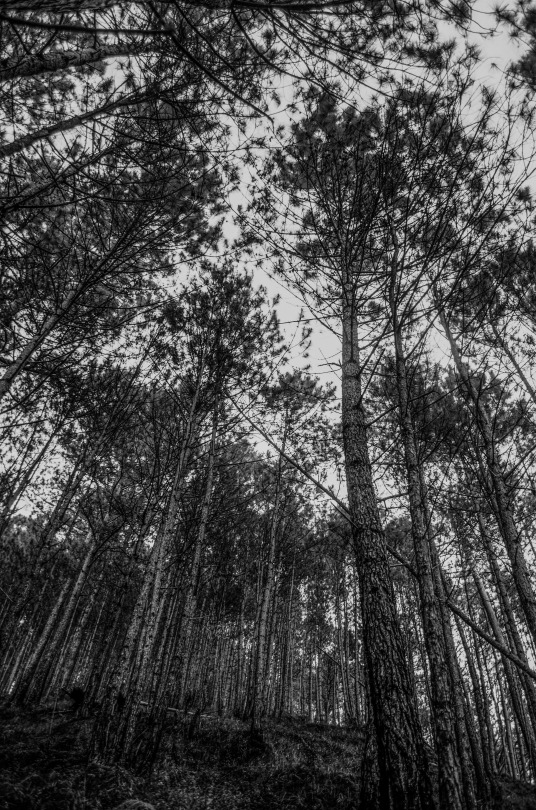
© Paolo Dala
Shinrin-yoku
The Japanese practice of shinrin-yoku is about soaking up nature with all your senses. Whereas hiking is usually about reaching a destination, and a nature walk would take an inquisitive look at plants and animals, forest therapy encourages participants to engage slowly and deliberately with nature. Guided forest-bathing sessions typically include deep breathing exercises, suggestions for aspects of nature to focus on, and invitations to share what you’ve noticed.
This mindful approach to nature has interesting health benefits. Research studies in Japan and Italy have shown forest bathing lowers blood pressure, heart rate, and concentrations of the stress hormone cortisol. It increases sleep duration and boosts the number of natural killer cells, a type of white blood cell that fights infected or tumor cells. There are theories as to why it works, but science has yet to prove them.
Kelly Dinardo
A Skeptic Tries Forest Bathing
#Shinrin-yoku#Kelly Dinardo#A Skeptic Tries Forest Bathing#Trees#Forest#Pine Forest#Forest Bathing#Nature#Mountain#Mt. Pulag#Kabayan#Banguet#Philippines
2 notes
·
View notes
Text
Cansado de tanta porcaria...
Eu preciso de no mínimo uns 20 anos de "banho de floresta".
2 notes
·
View notes
Text
Invitation nature
Il est rassurant de voir apparaître de plus en plus de groupe d’individus s’intéresser au contact avec la nature. Souvent, on les entend dire qu’il nous faut nous reconnecter avec celle-ci.
Il y a de plus en plus d’approches qui sont valorisées. On parle en premier lieu des clubs de marche pour faire des randonnées en forêt. Cela permet d’apprivoiser les craintes pour éventuellement s’aventurer…

View On WordPress
0 notes
Text
Dhammapada, verse 305
They who sit alone, sleep alone, and walk alone, who are strenuous and subdue themselves alone, will find delight in the solitude of the forest.
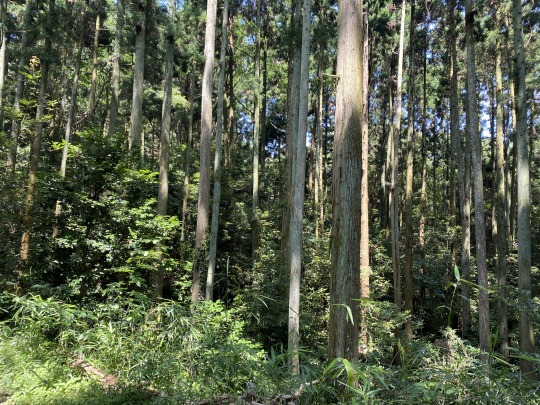
View On WordPress
0 notes
Text
První věci, které uděláte ráno, mohou bojovat s depresí


Většina lidí zažije depresi v určitém okamžiku svého života, stejně jako běžné nachlazení. Zatímco deprese je nepříjemná, existuje několik věcí, které mohou lidé udělat ráno, aby zmírnili příznaky.
Ponořte se do slunečního světla
Vystavení se slunečnímu záření je skvělý způsob, jak začít den a jedna z nejlepších věcí, které můžete udělat pro okamžité posílení duševní pohody.
Bylo prokázáno, že sluneční světlo zvyšuje kognitivní funkce, snižuje ranní hladiny stresového hormonu kortizolu a používá se jako lék na životní styl nebo přírodní terapie ke zlepšení nálady a snížení příznaků deprese.
Zatímco výzkumníci stále studují mechanismy stojícími za terapeutickými účinky slunečního záření, současný výzkum ukazuje, že imunitní systém může být prostředníkem, jak dokazují snížené zánětlivé biomarkery po expozici slunečnímu záření.
Jezte snídani bohatou na živiny
Může být lákavé sáhnout po pohodlných možnostech, ale čas věnovaný snídani bohaté na živiny vás může připravit na skvělý den.
Jaké potraviny potřebujeme, když se cítíme v depresi? Mezi potraviny, které mají prokazatelný účinek na depresi, patří ovoce, zelenina, celozrnné výrobky, ořechy, semena, luštěniny a olivový olej. Jíst občas ryby je také dobrý nápad. Všechny tyto potraviny jsou základem dobře prozkoumané středomořské stravy, která je spojena s delším a zdravějším životem.
Jak by vypadala snídaně proti depresi?
Vyzkoušejte plátky uzeného lososa s nízkotučným sýrem, melounem a para ořechy. Místo kávy dejte přednost čaji nebo kakau, které obsahují flavonoidy, které nejen zlepšují náladu, ale také snižují krevní tlak a riziko cukrovky. Tento nápad na jídlo vám poskytne rovnováhu bílkovin, omega-3 mastných kyselin, vitamínu C, vápníku, hořčíku a flavonoidů.
Vyhněte se nezdravým jídlům, jako jsou bonbóny, chipsy, soda a rychlé občerstvení. Ty obsahují jednoduché sacharidy a vysoké tuky, které mohou snížit náladu. Potraviny bohaté na živiny se vstřebávají pomaleji a nabízejí komplexní živiny, které podporují tělesné funkce, zatímco zpracované potraviny obsahují vysoké kalorie a mají nízkou nutriční hodnotu.
A co je nejdůležitější, jedinci s depresí by se měli vyhýbat alkoholu.
Alkohol je sice po celém světě kulturně vyhledávaný jako jednoduché řešení, ale působí jako depresivní prostředek. Konzumace alkoholu může u jedinců s depresí způsobit zvýšený smutek. Pokud byste chtěli více vzrušující nápoj, vyzkoušejte „mocktail“, který obsahuje vaše oblíbené ovocné a zeleninové šťávy spolu s kořením, které vyživí váš mozek.

Moctaily jsou nápoje, které vám po ránu dodají vyvážený poměr živin, potřebných pro nastartování pozitivního dne.
Fyzické cvičení (venku!)
Nemusíte dělat CrossFit, abyste mohli využívat výhod cvičení. Mezi účinné metody cvičení na zlepšení nálady patří chůze, turistika, plavání, jízda na kole, mírné posilování a pohybová práce, jako je třeba práce na zahradě, která vám pomůže se uzemnit.
Cvičení dlouhodobě prokázalo, že zlepšuje fyzické i duševní zdraví. Bylo prokázáno, že aerobní cvičení zvyšuje objem hipokampu, centra paměti mozku. Mezi další výhody cvičení patří zvýšený průtok krve, zlepšené kognitivní funkce, lepší akademický výkon a zdravější psychosociální fungování.
Když cvičíme, uvolňujeme endorfiny – biochemikálie zodpovědné za „běžecké nadšení“. Zvýšený průtok krve, který je výsledkem cvičení, také cirkuluje důležité biochemické látky, jako je mozkový neurotrofický faktor, který je potřebný pro vývoj mozku a optimální kognitivní funkce.
Chcete využít naplno nějaké další výhody cvičení? Cvičte venku, abyste získali trochu slunečního světla.
‚Koupel‘ v lese nebo parku
Není potřeba mýdlo a voda. Shinrin-yoku, neboli „lesní koupání“, je praxe, kdy se člověk ponoří do přírody a zároveň se odpojí od technologie a dalších stresorů.
Když pozorně trávíte čas v přírodě, studie ukazují, že také snižujete svůj krevní tlak a hladinu kortizolu. Ve zkratce to znamená, že pobyt v přírodě snižuje stres, což může pomoci zmírnit deprese.
Máte-li zahradu nebo přístup k čistému venkovnímu prostoru, možná budete chtít začlenit uzemnění, což je prostě chůze naboso v přirozeném terénu. Bylo prokázáno, že uzemnění zlepšuje náladu, snižuje viskozitu krve a snižuje bolest.
Udělejte si ráno čas na spojení s přírodou. Pokud máte tu možnost, zkuste chodit naboso, a ujistěte se, že země, po které jdete, je čistá a bezpečná.
Přečtěte si něco, co vás baví
Čtení nabízí obrovské výhody, jako je stimulace naší kreativity a představivosti, budování naší slovní zásoby a pomáhá nám snížit tlak. Ve skutečnosti se prokázalo, že čtení nahlas (pdf) je účinnou metodou pro snížení stresu.
Jak může čtení pomoci s depresí? Čtení zlepšuje konektivitu mezi různými oblastmi mozku, zejména spojující jazyk a paměť.
Lidé žijící s depresí mohou zažít kognitivní problémy, jako je zhoršené učení a paměť. To může způsobit, že se jedinci s depresí cítí frustrovaní a zažívají překážky v každodenním životě, což může opětovně zhoršit příznaky deprese.
Prováděním aktivit nebo terapií, které se zaměřují na tyto kognitivní schopnosti, lze pomoci posílit nervové dráhy odpovědné za tyto dovednosti a snížit dopad deprese na ně.
Ráno odložte telefon a vyberte si knihu, časopis nebo novinový článek, který se vám bude líbit. Váš mozek vám poděkuje.
Dodržujte spánkovou rutinu
I když je to něco, s čím začínáte večer, ráno vám to pomůže. Spánková rutina zahrnuje pravidelné praktiky před spaním, jako je vyhýbání se modrému světlu hodinu před spaním ve stanovenou dobu a vstávání v pravidelném čase.
Nejdůležitější je probuzení se za svítání. Bez slunečního světla není náš mozek schopen zůstat ve 24hodinovém režimu, což může způsobit poruchy spánku a bdění. V zimních měsících, kdy je denního světla málo, se cyklus našeho těla prodlužuje.
Když lidé zaznamenají narušení cirkadiánních rytmů nebo cyklů spánku a bdění, mohou nastat problémy. Tyto poruchy mohou způsobit, že se někdo cítí unavený, potřebuje kofein, touží po cukru a stane se podrážděným. Dodržováním pravidelného spánkového režimu a probouzením se za svítání se lze vyhnout dalším depresivním komplikacím a cítit se během dne svěží a čilí.
Překlad: Martin Kirschner (www.vipnoviny.cz), Zdroj: theepochtimes.com
Read the full article
#celozrnévýrobky#crossfit#deprese#jóga#olivovýolej#ořechy#přírodníkoupel#Shinrin-yoku#slunečnísvětlo#slunečnízáření
0 notes
Text
2018, The week of July 9th in Helena, Montana
The Helena chart is deceptive. Things look peaceful but Transpluto next to Jupiter in the second are showing the strains of debt and the high cost of going away. The big holiday plans are have been scaled back, and instead talk is taking the turn of “quiet moments” in the park like the Japanese rage of forest bathing or shinrin-yoku (森林浴).
Continue reading Untitled

View On WordPress
0 notes
Text
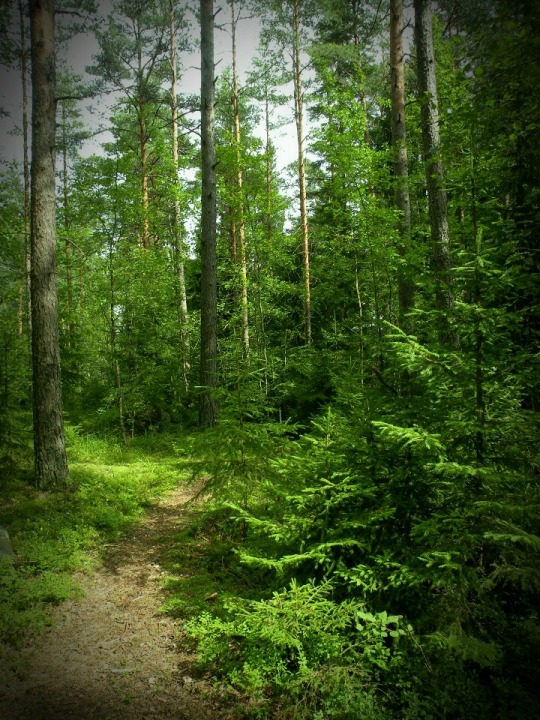
In forestbathing, peaceful contemplation..
1 note
·
View note
Text
JAPAN’S HIDDEN GEM- SPOTLIGHT ON HOKKAIDO
JAPAN’S HIDDEN GEM- SPOTLIGHT ON HOKKAIDO
Like most people when I think about traveling to Japan the first cities that come to mind are Tokyo and Kyoto, but many tourists don’t hear about how truly spectacular the Hokkaido prefecture is.
I’m here to share why you need to add this gorgeous hidden gem to your travel itinerary when visiting the “Land of the Rising Sun.”
Just a short flight from Tokyo, Hokkaido’s located in the northernmost…

View On WordPress
0 notes
Text
Y más de verde.
Y más de verde.
Necesitamos un mundo más verde, pensaba el otro día. Pero pensaba en más bosques, no en esto.
Esto sucede cuando Castor y Polux se desentienden en mi interior… Un pedazo de mi géminis hace fotografía, el otro dibuja y pinta, uno habla de bosques el otro pinta casas.
Estar en equilibrio no es cuando los dos coinciden, sino cuando ambos se callan.
Necesitamos más verde no significa solamente que…
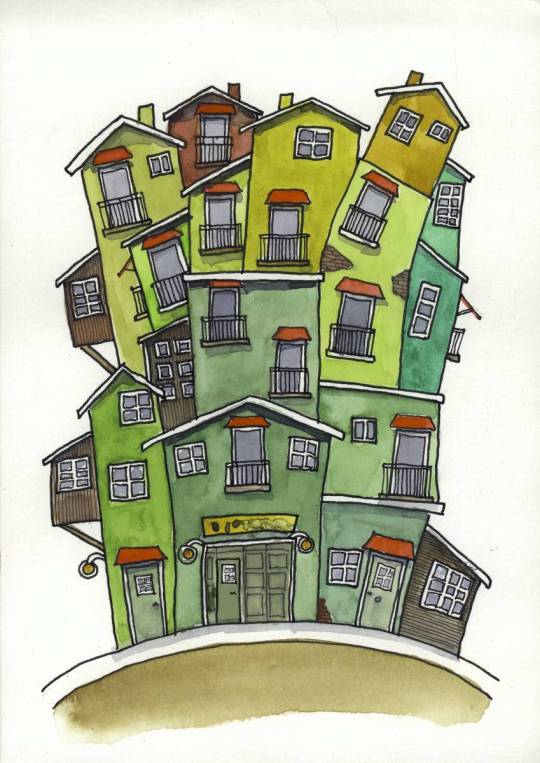
View On WordPress
1 note
·
View note
Text
Pratiquez le shinrin-yoku
C’est en lisant les blogues que j’ai décidé de vous parler du bain de forêt. Mon ami du blog Jour d’Humeur marche en ville et les bienfaits des parpaings n’étant pas démontré (en fait, c’est plutôt le contraire), je vous invite à marcher sous les arbres avec moi.
Le shirin-yoku
Le shirin-yoku, a été inventé au Japon autour de 1980. Une pratique bien-être qui commence à se faire connaître chez…
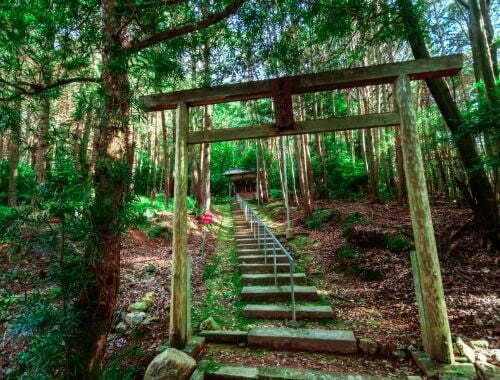
View On WordPress
0 notes
Text

Amateurs de sylvothérapie, d'animaux et de nature ? BARK est fait pour vous, et ça se passe dans Lowreader vol.4 !
/
Lovers of forest medicine, animals and nature ? BARK is made for you, and it's happening in Lowreader vol.4 !
🌲🐶🌿🖤
#akeussel#label 619#lowreader#bark#rue de sèvres#comics#bande dessinée#bd#illustration#drawing#art#artist#crow#shinrin yoku#bain de fôret
329 notes
·
View notes
Text
O tempo nos parques
O tempo nos parques é íntimo, inadiável, imparticipante, imarcescível.
Medita nas altas frondes, na última palma da palmeira
Na grande pedra intacta, o tempo nos parques.
O tempo nos parques cisma no olhar cego dos lagos
Dorme nas furnas, isola-se nos quiosques
Oculta-se no torso muscular dos fícus, o tempo nos parques.
O tempo nos parques gera o silêncio do piar dos pássaros
Do passar dos passos, da cor que se move ao longe.
É alto, antigo, presciente o tempo nos parques
É incorruptível; o prenúncio de uma aragem
A agonia de uma folha, o abrir-se de uma flor
Deixam um frêmito no espaço do tempo nos parques.
O tempo nos parques envolve de redomas invisíveis
Os que se amam; eterniza os anseios, petrifica
Os gestos, anestesia os sonhos, o tempo nos parques.
Nos homens dormentes, nas pontes que fogem, na franja
Dos chorões, na cúpula azul o tempo perdura
Nos parques; e a pequenina cutia surpreende
A imobilidade anterior desse tempo no mundo
Porque imóvel, elementar, autêntico, profundo
É o tempo nos parques.
Vinicius de Moraes
#o tempo nos parques#vinicius de moraes#arte#poesia#poema#shinrin-yoku#banho de floresta#forest bathing
0 notes
Text
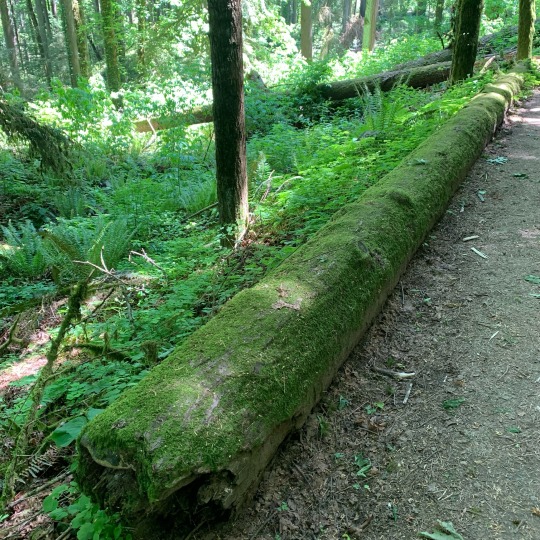
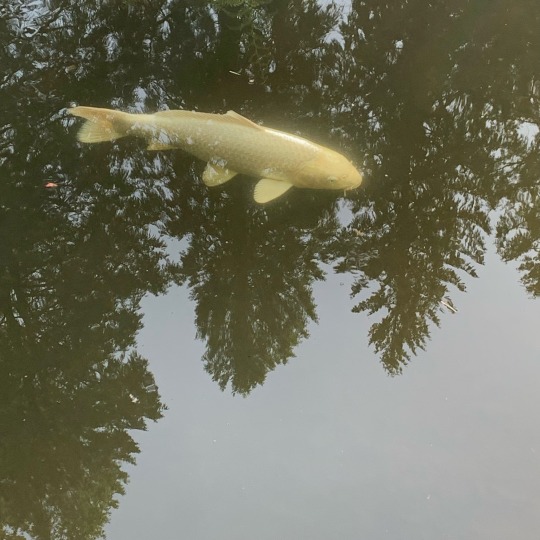
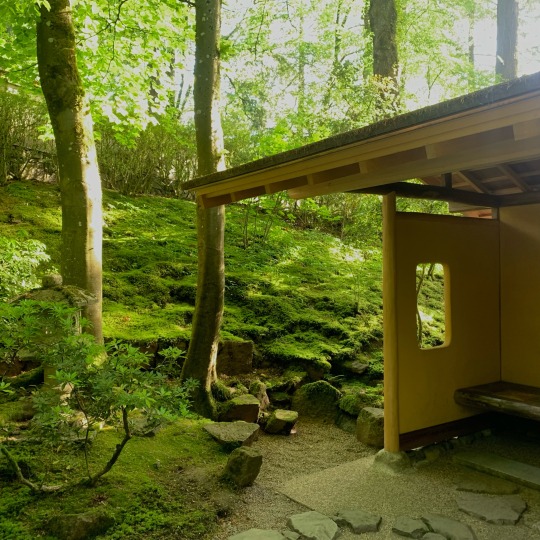
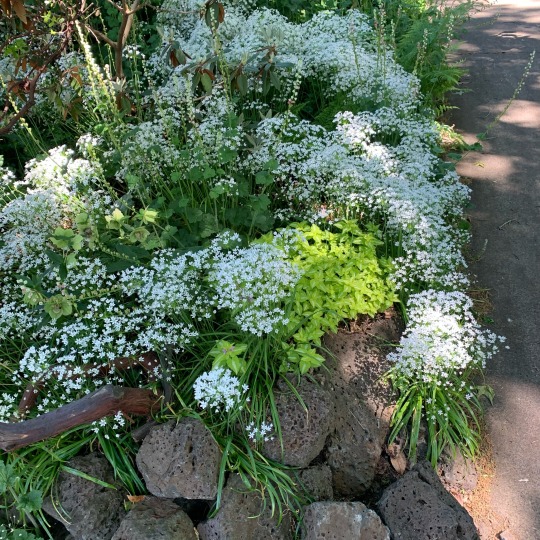
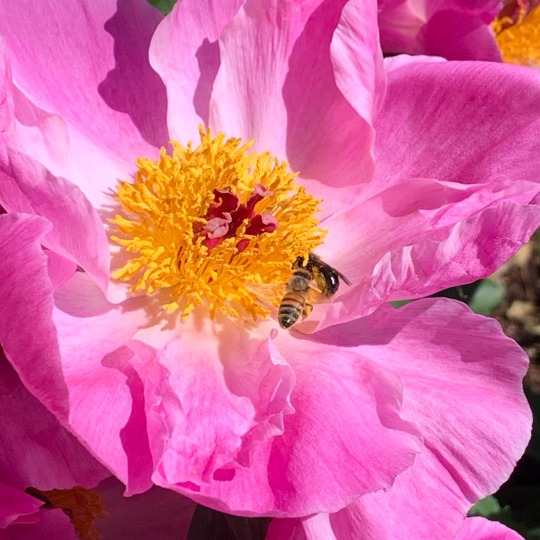
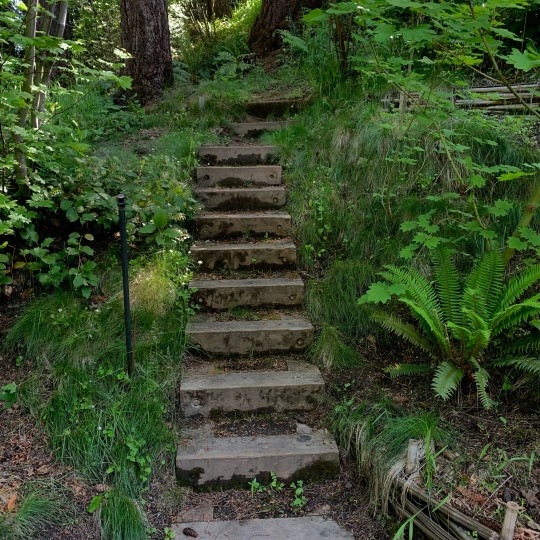
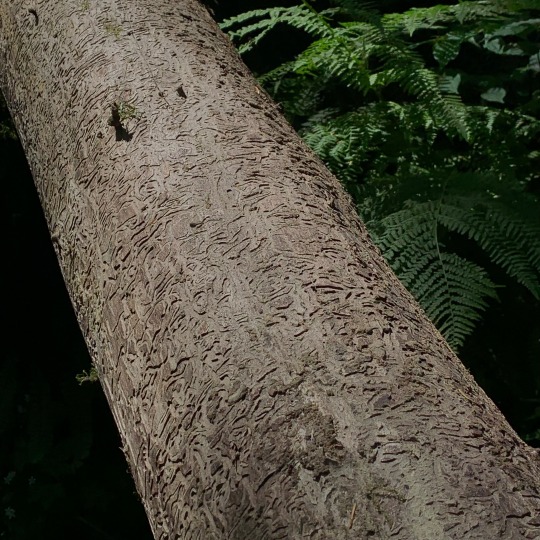
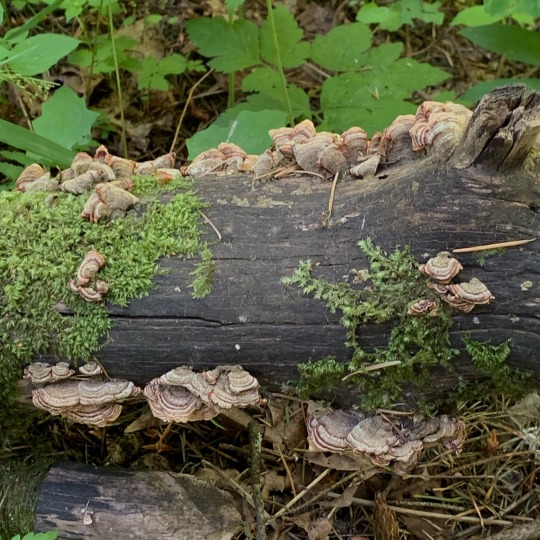
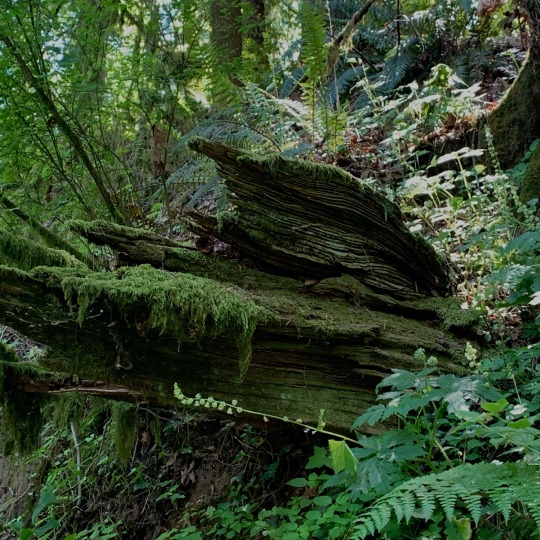
2 notes
·
View notes